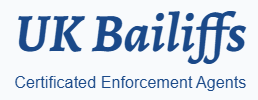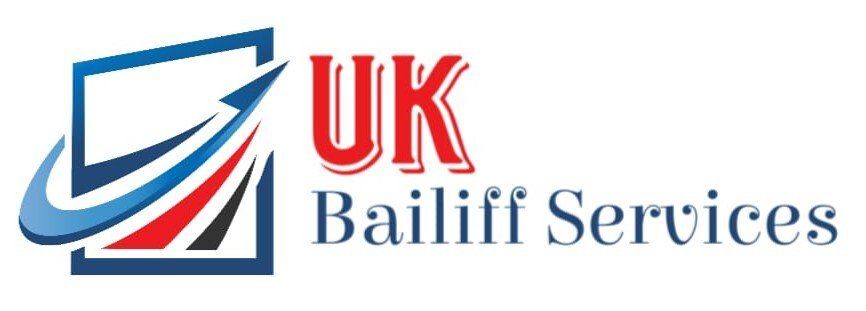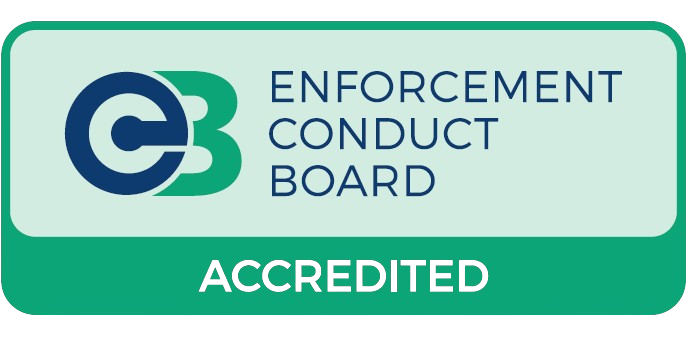Vicarious Liability & Self-Employed Bailiffs
Mistakes like attending the wrong property during enforcement can trigger serious disputes. A major issue is whether a bailiff company can be held vicariously liable for errors by a self-employed enforcement agent, especially when IR35 substitution rights are in place.
Key Precedent
Nassir Kafagi v JBW Group Ltd [2018] EWCA Civ 1157 – The court ruled that JBW was not liable for the actions of a self-employed bailiff and their substitute.

Company vs Contractor Responsibilities
Bailiff Companies must issue clear instructions and verify client-provided details. If they follow procedures, they are unlikely to be liable for errors caused by self-employed agents.
Self-Employed Bailiffs are responsible for verifying property details, adhering to protocol, and ensuring substitutes meet required standards.
IR35 Substitution reinforces independent status and limits company liability.
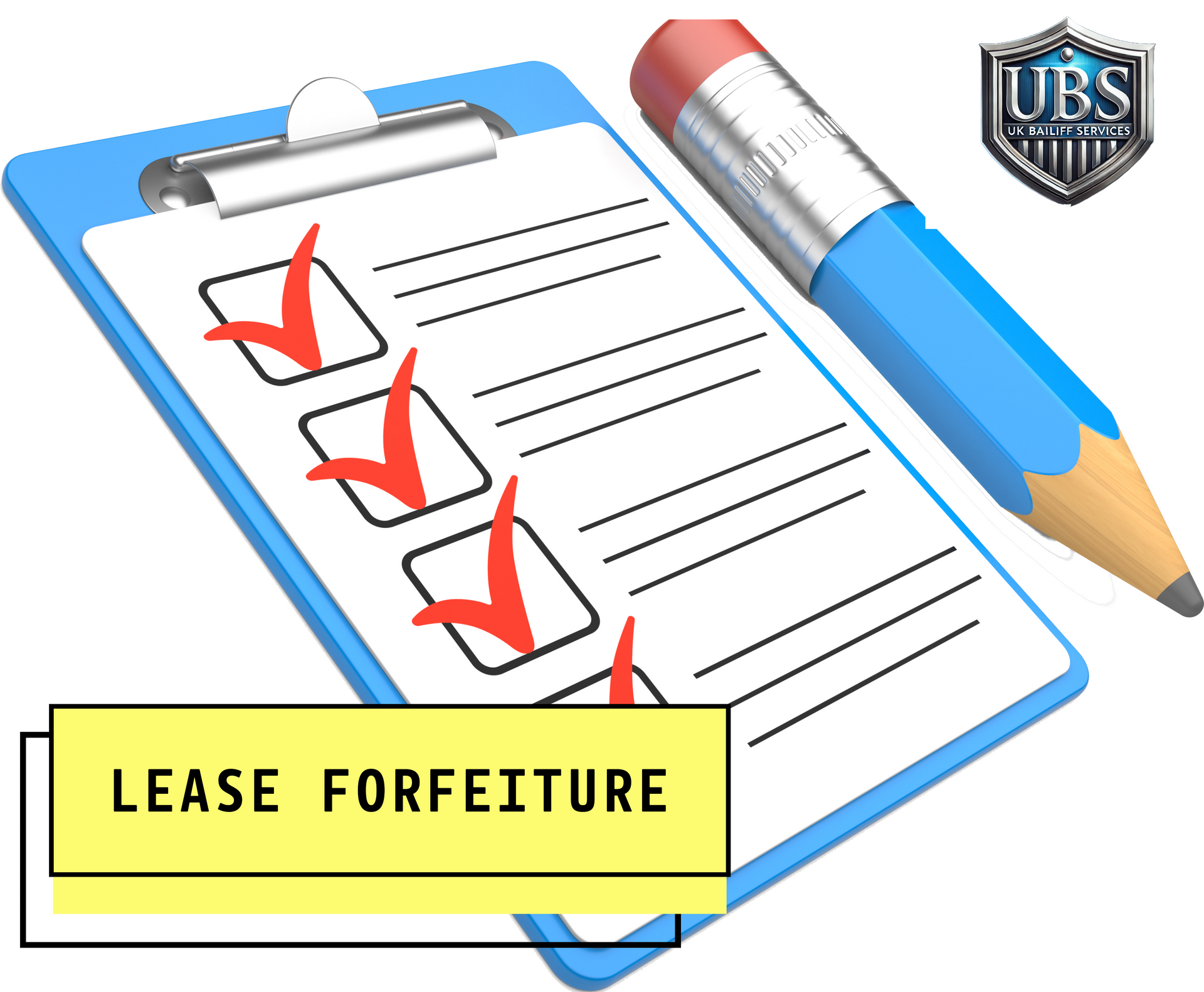
Legal Precedent: Kafagi v JBW Group Ltd
In Nassir Kafagi v JBW Group Ltd [2018] EWCA Civ 1157, the Court of Appeal ruled that a self-employed bailiff — and a substitute he appointed without company consent — did not make JBW vicariously liable for their actions.
Why It Matters
- Bailiffs could decline work and operate independently
- Substitutes didn’t require company approval
- Bailiffs held personal insurance and posted bonds
The ruling confirms that properly contracted enforcement agents are not employees — and do not transfer liability back to the instructing company.
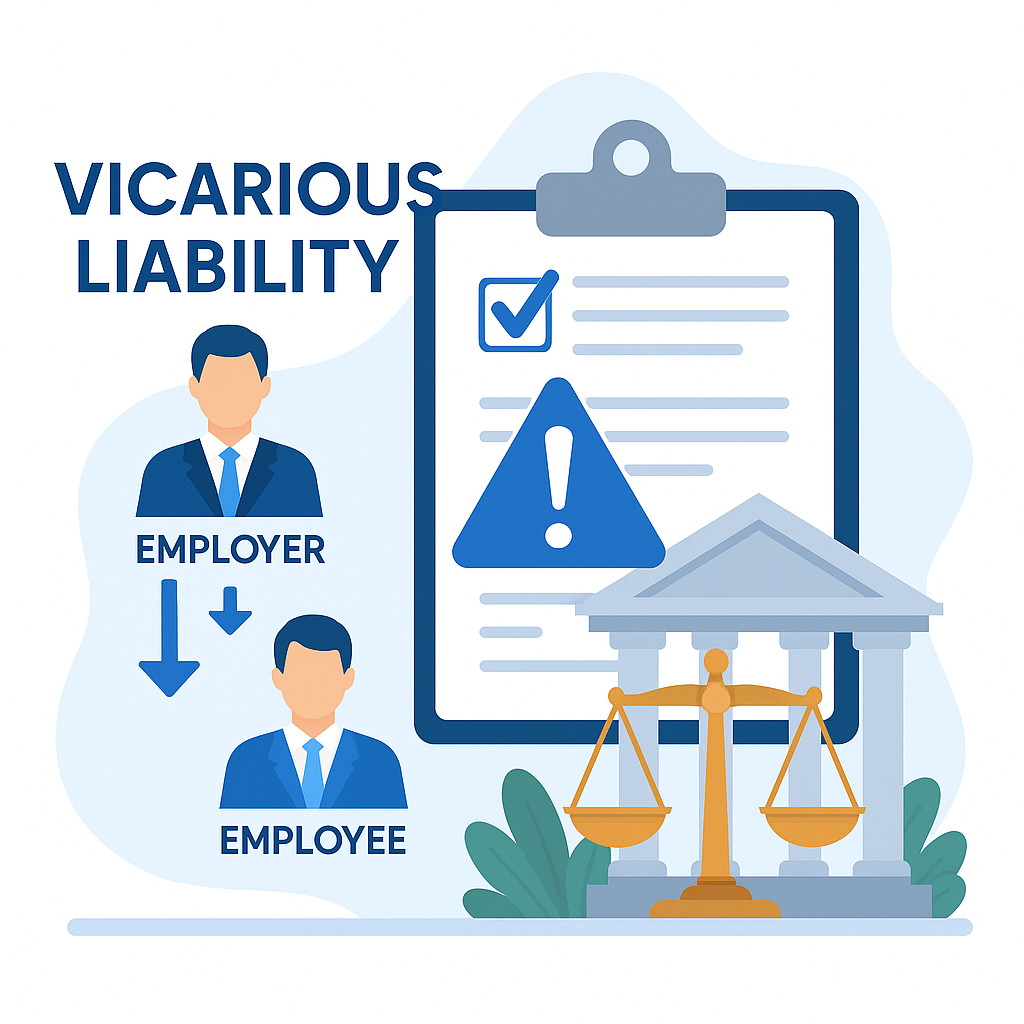
Best Practice for Bailiff Companies, Agents & Clients
Bailiff Companies
- Use robust instruction forms
- Verify client-provided address details
- Include IR35 substitution clauses in contracts
- Maintain written records of agent responsibilities
Self-Employed Bailiffs
- Double-check property and business names
- Raise concerns about vague instructions
- Ensure substitutes are competent and approved
- Retain personal indemnity insurance
Clients
- Give full address, postcode, and business name
- Include supporting photos or Google Maps links
- Report complaints to the responsible party (agent)
- Allow prompt access if a correction is needed
